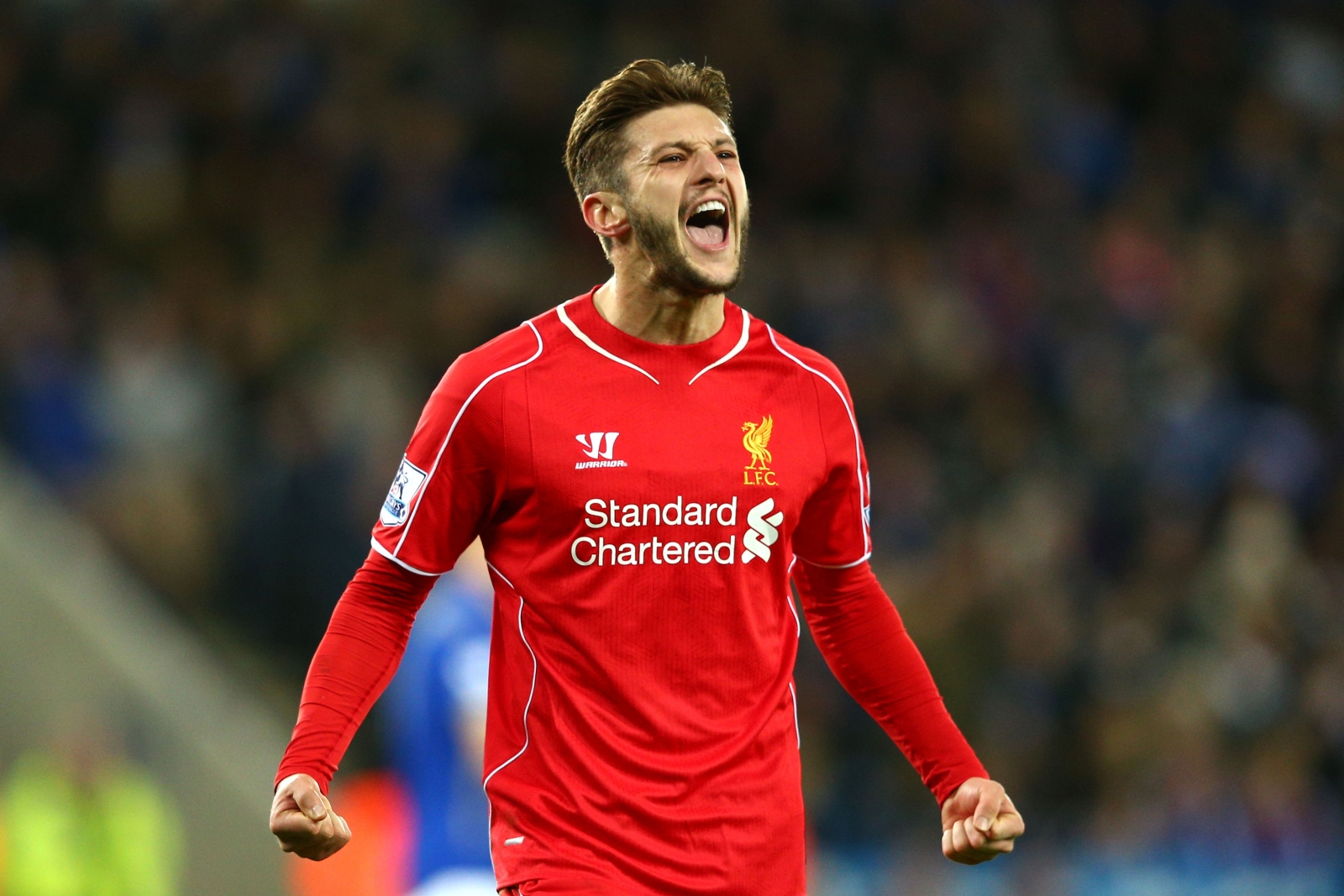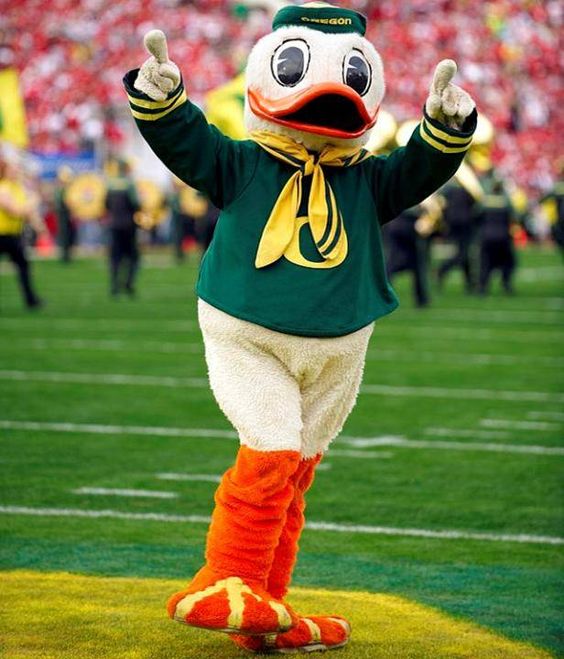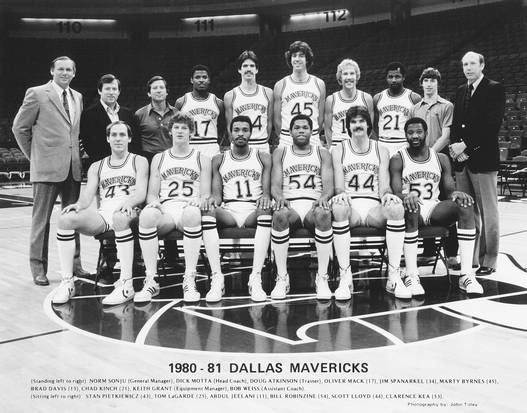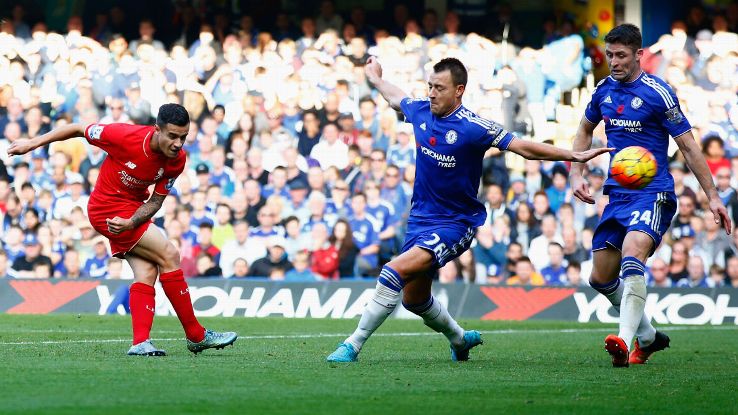Another way of winning
I have only a very few things I care about deeply, (Note: I am talking about 'things', not people here).
One of those things is the New York Knicks who are, (for now), in the midst of their best season in the last few years.
One other sports-related thing I care about deeply are my beloved Liverpool Reds of the English Premier League who are also in the midst of a fine season, currently sitting in second place only a few points behind the leaders. Liverpool play an exciting, attacking brand of football/soccer, and as has been in the past few years have paired a dynamic and high scoring offense, with a porous, weak defense. Liverpool often concede goals in the most embarrassing ways, and with regularity.
This lack of maturity and poise in their defense and goalkeeping is what is usually cited as the reason that despite their ability to create and score amazing goals, Liverpool will never be a real title contender. They simply for the most part have shown only one way to compete - run and press as much as possible, and hope to simply outscore their opponents 4-3 or 5-2, etc.
While this approach can win some games, and is really entertaining to watch, it probably isn't the best way to win championships.
Why the deep dive into a soccer club that you don't care about?
Because a recent Liverpool match against rival Everton, won by my Reds 1-0, was interesting not only from a sports perspective, but what it also reminds us about the importance of adaptability in work, business, and our careers.
From the Bleacher Report coverage of the match:
Since Liverpool's strong start to the 2015/16 Premier League season, some pundits have poured cold water on their title credentials by claiming that Jurgen Klopp's side don't have another way of winning than to blitz opponents away with relentless pressing.
It has been claimed in media circles that Liverpool do not have the cliched "other way" of winning—something that was thoroughly dismissed as Klopp's side recorded a 1-0 success in the Merseyside derby.
The Reds' first 1-0 win in the Premier League of 2016 arrived after rivals Everton had put them under firm pressure for the first half an hour, but Liverpool held on before taking control of the game in the second half and eventually getting their rewards deep into stoppage time.
It was another way of winning. A way of winning that title contenders have had in the past and that Liverpool showed at Goodison Park.
The specifics of the soccer tactics are not what matters here. What matters is that in soccer the very best teams usually have to be able to adapt at times from their preferred methods and strategies in order to achieve the greatest success. Liverpool, if they want to win the title, have to be able to win close, defensive battles like the Everton game, as well as the kinds of games they prefer, that are more open, and high scoring.
This is an important to remember for all of us as well. Some of us succeed by simply trying to out-work or out-hustle our competition. But if that is all you can compete on, then your work and hustle will sometimes, maybe even often, get trumped by someone else who just has a better, more creative idea.
And then there is the flip side to this, e.g., folks that maybe don't grind all that hard, but come up with enough clever ideas, decent recommendations, and can normally just outsmart their way forward. Sure, they can ride, sometimes for quite a while on their last good idea, but what happens when the daylight between the last and next great idea starts to increase? What happens then? Can they fill in the space where they are not really contributing or earning all that much with something else - maybe a stint of 12-hour days to at least be 'doing' something?
The key is, as we see in the Liverpool example, to have 'another way of winning', or another way of efforting, competing, and contributing in order to in the long run give yourself the best chance for sustained success.
No matter how great the idea is, someone else will copy it, forget you had the idea in the first place, or time will reveal it wasn't such a great idea after all.
No matter how hard/long you work, (and you are probably lying about that a little), someone else out there is working a little bit harder/longer than you.
By having 'another way of winning' you protect yourself from the competition and from relying too much on a single strategy that if/when it fails, you end up on the losing end of the 1-0 score.
Go Reds.
Have a wonderful weekend and holiday season!

 Steve
Steve



